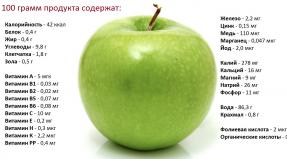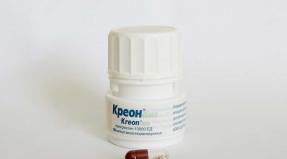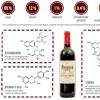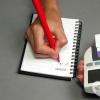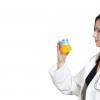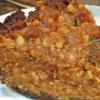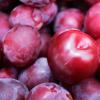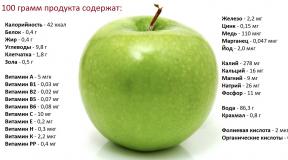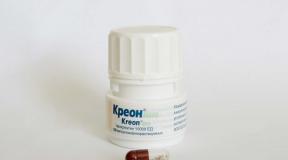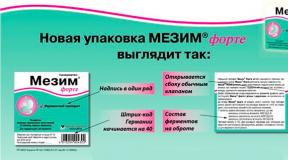What can not be eaten and drunk before passing urine?
When collecting test material for analysis, certain rules are followed for the accuracy of the result, so many are wondering if it is possible to smoke before passing urine? It is important to take care of yourself and periodically monitor the blood and urine parameters in your body, laboratory monitoring of blood plasma and urine is also necessary to confirm urolithiasis, bladder pathologies, pyelonephritis and to detect an inflammatory process in the genitals. However, in order for the results to be accurate, before taking the tests, they review their diet and exclude from it everything that affects the response of the study.
To deliver high-quality biomaterial, you need to follow a certain diet.
Can medications be taken?
Before donating blood or urine, you need to familiarize yourself with the recommendations that can improve the physico-chemical characteristics of urine in terms of their reliability. Thus, it is impossible to take a urine test if the patient has previously been prescribed pharmaceuticals that can affect its results. However, not all medications and not every diagnostic method distorts the answers. So, if it is necessary to pass urine to establish the level of adrenal hormones, it is categorically contraindicated to take medications, after which the level of neurotransmitters increases, and also which contain:
- caffeine;
- rauwolfia;
- ethanol;
- glycerol trinitrate.
When passing a clinical analysis of urine, it is better not to take diuretic medications, as they increase urination, in which the volume of fluid in the tissues decreases. In addition, diuretics change the sodium index due to the ability to increase its excretion from the body through urine. Before a laboratory study of urine to detect protein in it, you must stop using such drugs:
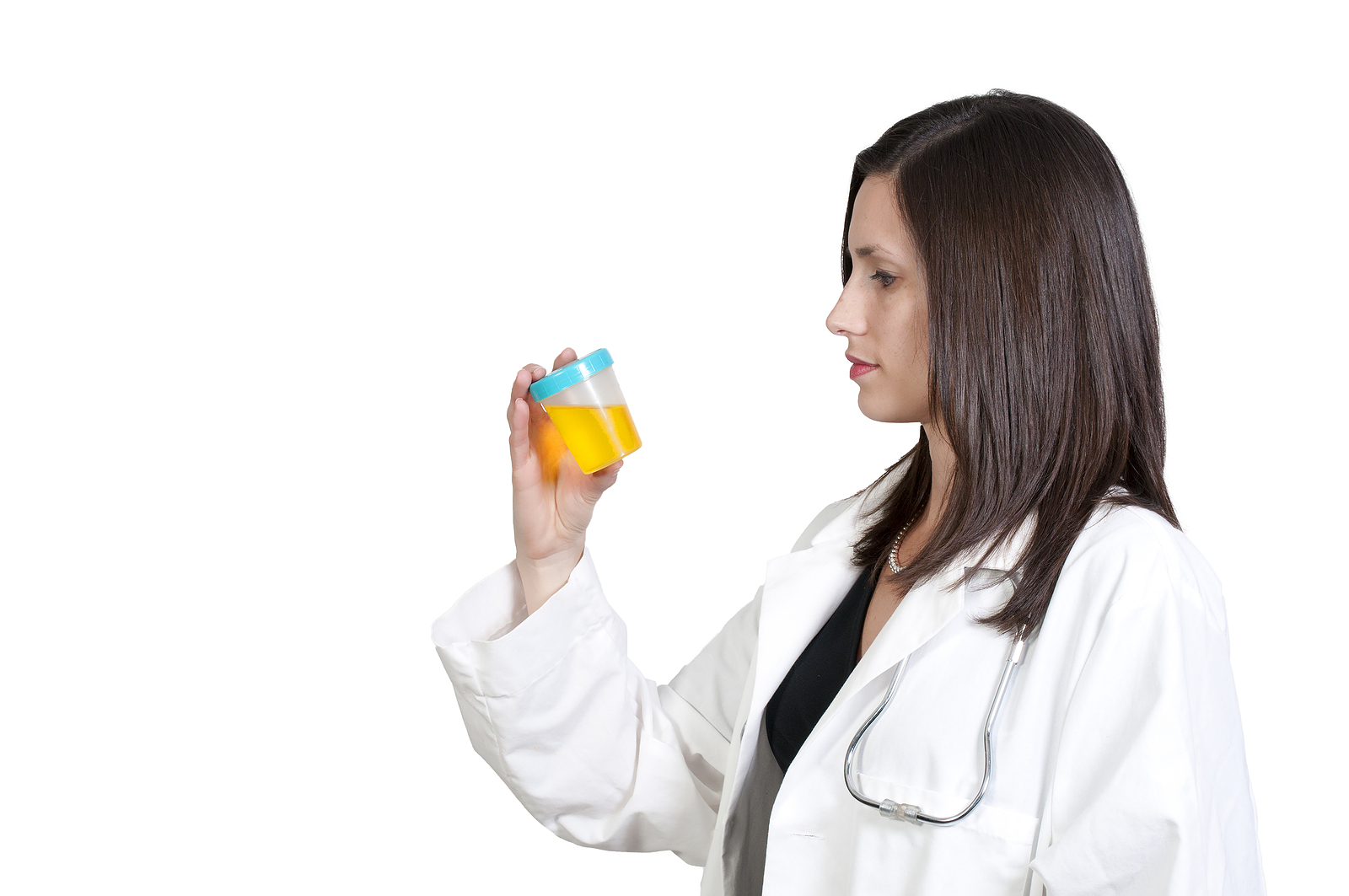 It is better to refrain from taking pills before taking urine for analysis.
It is better to refrain from taking pills before taking urine for analysis. - "Aminoglycoside";
- "Nafcillin";
- "Acetazolamide";
- "Methicillin";
- "Colistin";
- "Cephalosporin";
- "Oxacillin";
- "Tolbutamide";
- "Griseofulvin";
- "Amphotericin".
Vitamins, antipyretic drugs, as well as pharmaceuticals that are aimed at relieving pain symptoms can change the biochemical composition of urine. You can find out which medications you can’t take before a urine test, you can consult a medical specialist.
What can you drink before donation?
There are no significant restrictions on drinking, but mineral water should not be consumed in excessive amounts, which affects the acidity of urine. Do not drink water before taking the test, which contains chemical dyes, as they can change the color of urine. It is contraindicated 24 hours before the urine test for hormones to use coffee tree grains, black tea and any sedative drinks. And, of course, the main prohibition is alcohol. Many are interested in how much alcohol can be drunk so that the results of a laboratory test are reliable? However, specialized doctors recommend completely limiting the consumption of alcoholic beverages 2-3 days before the diagnosis.
What is allowed to eat?
You can eat almost everything before a urine test, so if you plan to take an analysis, you should not limit yourself to eating food that is not able to color urine in a different color or give it a specific “flavor”. There is an opinion that if you eat a lemon or pomegranate before the procedure, then the composition of the urine returns to normal, even if you have previously eaten peppery, fatty, oversalted and sweet foods. However, doctors do not confirm this fact.
What can not be eaten before passing urine?
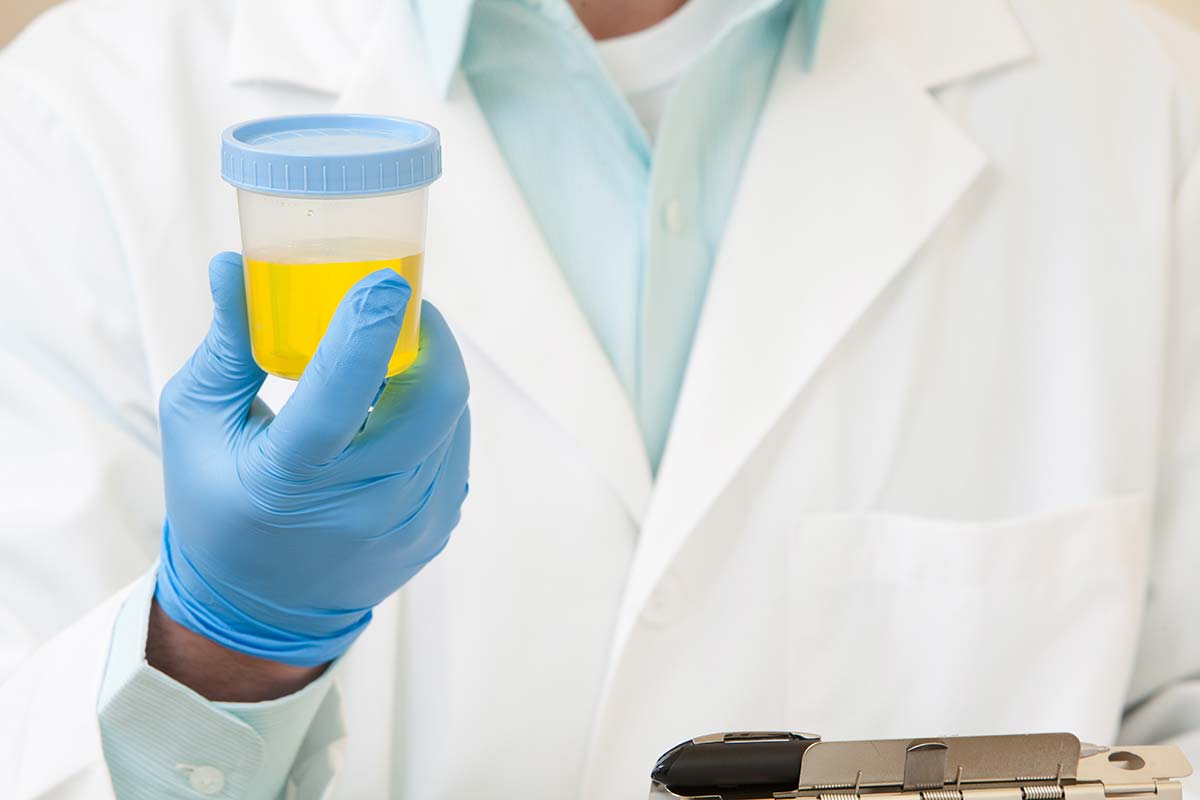 Before collecting urine for analysis, exclude strong-smelling and coloring foods from the diet.
Before collecting urine for analysis, exclude strong-smelling and coloring foods from the diet. In order for the laboratory test results to be correct, sweets should not be consumed, as they can increase glucose levels, as well as various foods that color the liquid. In this regard, it is not recommended to eat beets and strawberries the day before. In addition, it should be borne in mind that urine will change the smell if you eat the following foods before collecting the analysis:
- carrot;
- rhubarb;
- Bay leaf;
- garlic;
- spices;
- horseradish.
You can not eat watermelon before a laboratory examination of urine, since after its use in the fluid secreted by the kidneys, nitrates can be diagnosed. Excessive consumption of salt should be abandoned, for example, pickles should not be eaten, otherwise the analysis results will show phosphates. In order for the analysis to be accurate, in addition to food restrictions, emotional stress and increased physical activity should be limited at the time of the laboratory study, as they can increase the protein level in the sample of the test material. Testing should not be done after examining the inside of the bladder with an endoscope.
